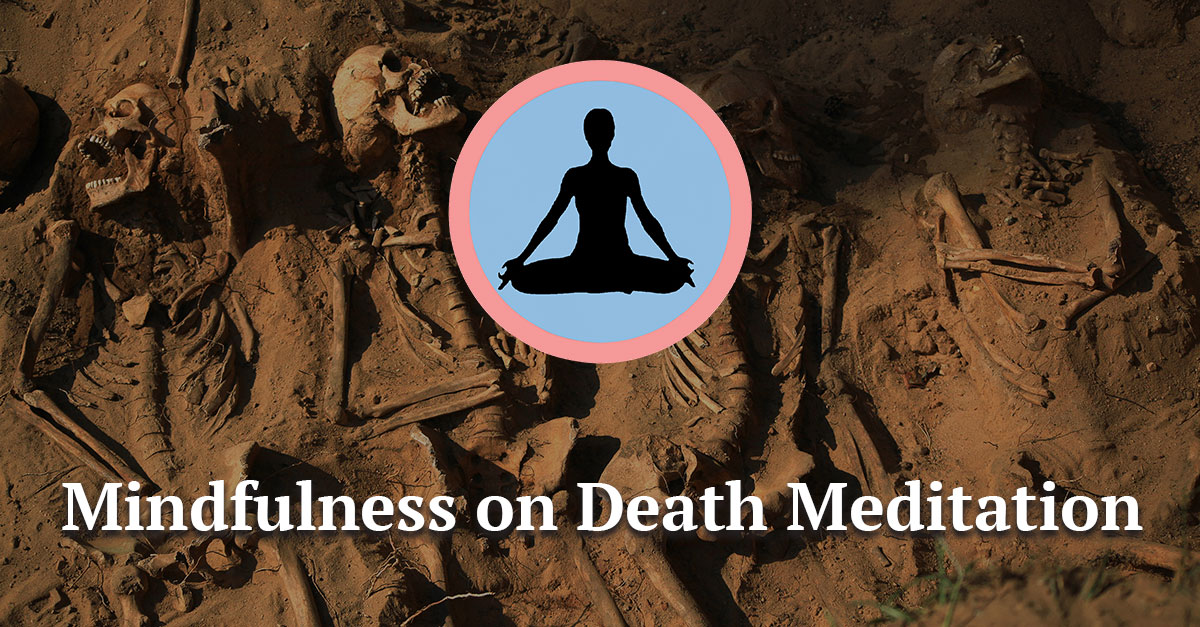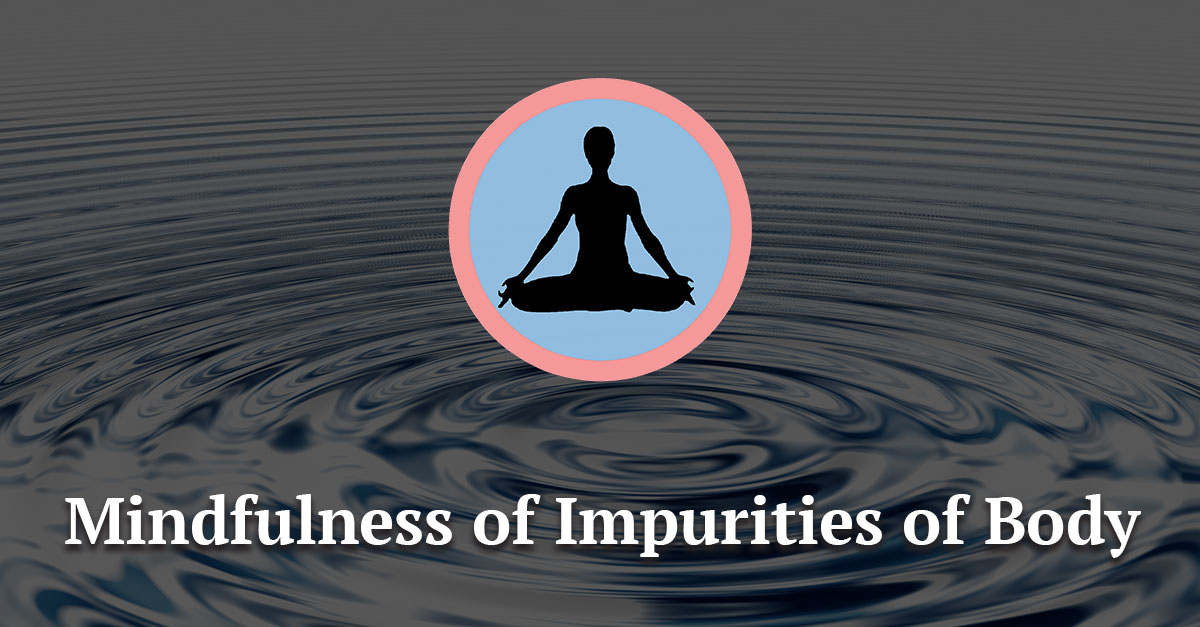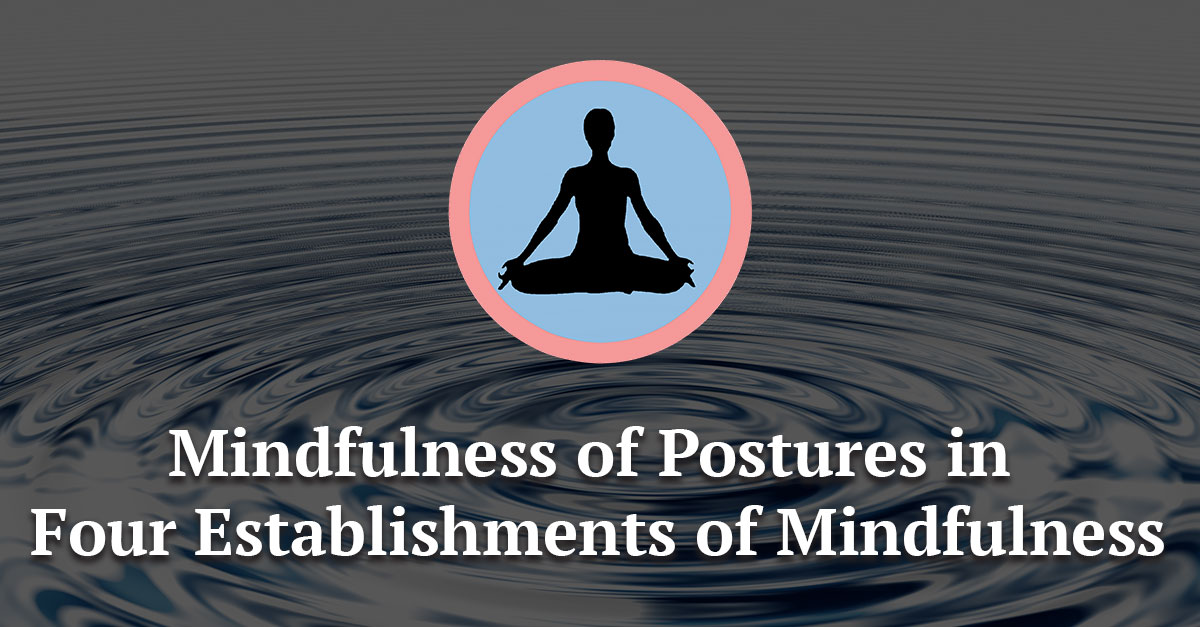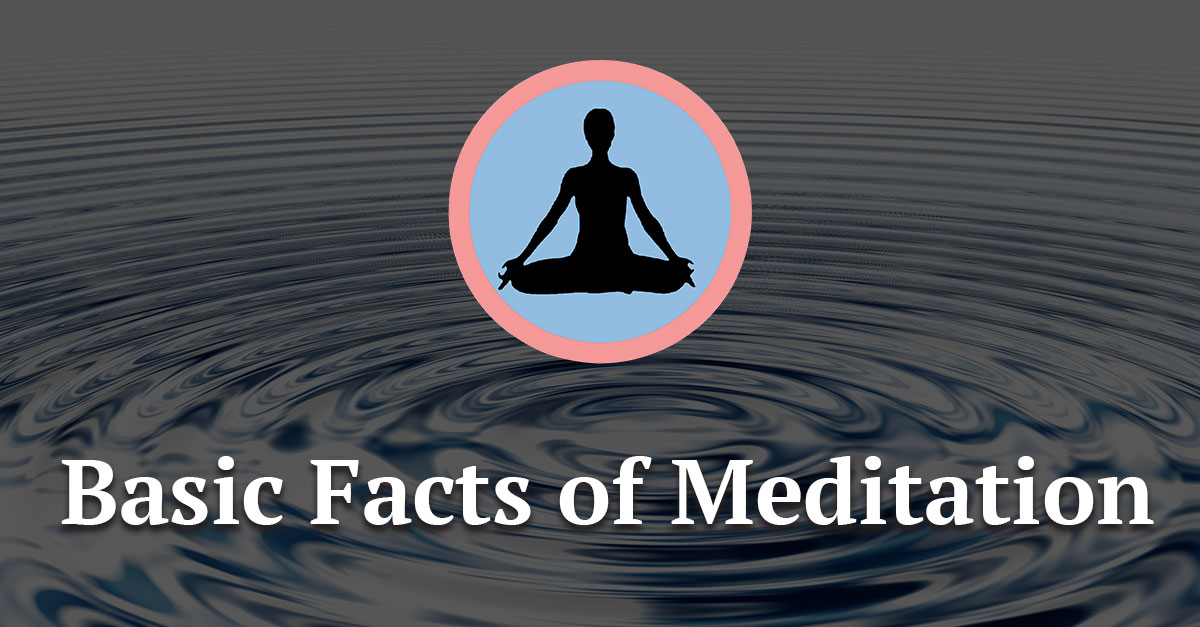By now, you know lots of details about the Dhamma that the Buddha taught us. It is from the Dhamma that one can learn how to conduct one’s life to establish mindfulness. Any wise person can understand that the inner life is something that needs to be purified. The Dhamma can be used to help purify that inner life. One who has that realization will be able to do it. This is why we need to establish our mindfulness.
For that, we have learned the kāyānupassanā-contemplation of body meditation and vedanānupassanā-contemplation of feeling meditation to this point. There is also something special in our inner life. It is the mind. You are now going to learn about the cittānupassanā-contemplation of mind meditation. This meditation focuses on contemplating mind by establishing mindfulness on it. The Buddha preached the cittānupassanā meditation as the third section in the Satipatṭhāna sutta. First and second parts were the kāyānupassanā meditation and vedanānupassanā meditation, respectively. The third part is the cittānupassanā meditation.
Mind is something that arises due to a cause. It ceases with the cessation of cause. Also, mind is something that can follow evil paths when it is led astray. It follows good paths when it is directed properly. Mind is something that follows whichever path is directed. Therefore, the Buddha preached that the mind is something that needs to be tamed. He also preached that a tamed mind brings pleasure (cittaṁ dantaṁ sukhā vahaṁ). The Buddha clearly preached about it because He has already tamed His mind.
Just like a tamed animal is useful in different ways, a tamed mind is also useful. So, cittānupassanā is the meditation that helps us to tame the mind and establish mindfulness on it. In the cittānupassanā meditation, the Buddha taught us to contemplate the mind in sixteen different ways.
These sixteen different ways are as follows:
- Contemplate passionate mind as a mind that is passionate. A mind gets passionate because of causes and not without such causes. These causes help one to identify a passionate mind in the process of acquiring a profound realization about life. One gets to know about it because he is mindful about it.
- A mind gets dispassionate also because of causes (vītarāgaṁ vā cittaṁ vītarāgaṁ cittaṁti pajānāti). A mind also gets tainted or purified due to certain causes. So, one mindfully knows about a dispassionate mind when it is dispassionate.
- If the mind is angry, one mindfully knows about it as an angry mind. He also mindfully knows the reasons why the mind became angry.
- When the mind is free of anger, he knows that the mind is now free of anger due to reasons that made it free of anger. He understands that this mind is free of anger now.
- When the mind is of suspicion, delusion, and has been deceived, he also understands that nature of the mind. He understands that this is a mind of delusion.
- If the delusion of the mind is gone and attained realization, he is mindful about that nature. He now knows that this mind is free of delusion.
- If this mind is contracted, he also knows about the contracted nature of the mind from his wisdom. (A contracted mind means it is not awakened, lazy to do anything, and it is unable to see the mind’s nature.)
- If the mind is in a scattered state, he understands that the mind is now scattered (mind is contracted inward and dispersed outward). With good mindfulness, he understands both these natures of the mind.
- If the mind is exalted, he knows it is exalted.
- If the mind is unexalted, he knows that it is unexalted.
- The meditator understands surpassed mind as surpassed mind.
- He understands unsurpassed mind as unsurpassed mind.
- If the mind is concentrated, he understands that it is concentrated. If the mind is developed into a state of jhāna he understands that as well.
- If the mind is not concentrated, he understands that it is not concentrated. If a concentration is not cultivated into a state of jhāna he also knows about it.
- If the mind is free of defilements and has reached liberation, he also understands that as being freed from defilements.
- If the mind is not freed from defilements, he understands about that as well.
In this manner, the Buddha has taught us the way to cultivate mindfulness, so that one could see the changes that happen in his mind when it transforms from a passionate one to a defilement-free mind. Here, one does not think as passion… passion… passion… when a passion comes into the mind or thinks as anger… anger… anger… when anger comes into mind. The Buddha hasn’t asked the meditators to recollect like that.
In the Supreme Buddha’s preaching, it says one should investigate as to what caused the mind to be in such state and establish mindfulness by realizing it as an effect that resulted due to a cause.
Now, you can understand that a disciple of the Buddha does not see his life carelessly. He does not practice a meditation that has been done through an influence of a feeling, or without a realization and understanding of life. It is not a mere meditation that has been practiced without a clear aim. Here, the Buddha is describing a contemplation of mind by one’s wisdom and with a properly established mindfulness.
When one is wisely considering the mind in this manner, he realizes his mind’s nature very well. He also understands that everyone else’s minds are also of this similar nature. He further realizes that this mind is something that arises due to causes (Samudaya dhammānupassī vā cittasmiṁ viharati).
What is the cause for the arising of the mind? The Buddha preached clearly that this mind arises dependent on mentality and materiality. There is a discourse named Satipatṭhāna Samudaya sutta in the Satipatthāna chapter of the book of the Saṁyutta Nikāya. In that discourse, the Buddha clearly taught that with the arising of mentality and materiality, mind arises (Nāmarūpa samudayā citta samudayo).
Don’t get confused about the word nāmarūpa ; it is clearly described in the discourses of the Buddha. There are five factors in the mentality. These are vedanā (feeling), saññā (perception), cetanā (volitions), phassa (contact), and manasikāra (attentiveness). Materiality is the four great elements (earth, water, fire, wind) and things made up of the four great elements. Thus, if the four great elements or something that is made from them is present together with a feeling, a perception, a volition, a contact, or and attentiveness, then the mind arises there. Thus, minds of both mine and yours are formed as a result of mentality and materiality. All of the above-mentioned states arise in the mind. The state of being passionate, dispassionate, angry, free of anger, in delusion, free of delusion, contracted, scattered, concentrated, not concentrated, in a jhāna state, not in a jhāna state, with defilements, and free of defilements all arise in a mind that is formed due to that mentality and materiality. See, how much realization we could gain from what we learned here!
Therefore, we must understand that those who tamed their minds were the ones who won this world. People who realized this mind were the ones who freed themselves from these physical and mental sufferings. They were the ones who were released from the wrong notions of I, mine, and myself.
If one really needs to take something as me, mine, and myself, the Buddha preached to consider this body (as me, mine, and myself). That is because one can see this body being present for some time, let us say for one year, for ten years, for twenty years, for eighty or ninety years, and it dies after that. Thus, he sees this body existing at least for a short period of time.
The Buddha preached that this mind is not like that. He showed us that this mind is like a monkey who jumps from one tree branch to another. A mind jumps from one object into another. The Buddha told us not to take the mind with such character as me, mine, or myself.
When we have the opportunity to achieve such a remarkable realization of the mind, why don’t we take this Dhamma practice seriously? Please do not miss this esteemed opportunity. It is you who will risk being reborn in planes of misery and suffer if you miss this rare chance. It is you who will have to carry your own Karma with you. Moreover, what is important for us is the Dhamma that the Buddha preached us with His great compassion and not something that is told by someone else. Place confidence in the Buddha. Place confidence in the Dhamma preached by the Buddha. Place confidence in the Liberated Ones, who followed the Dhamma and attained Nibbāna. Then only can you be able to cultivate this mindfulness practice in your mind as well. You can contemplate on your mind mindfully and attain the realization of life.


















Leave A Comment